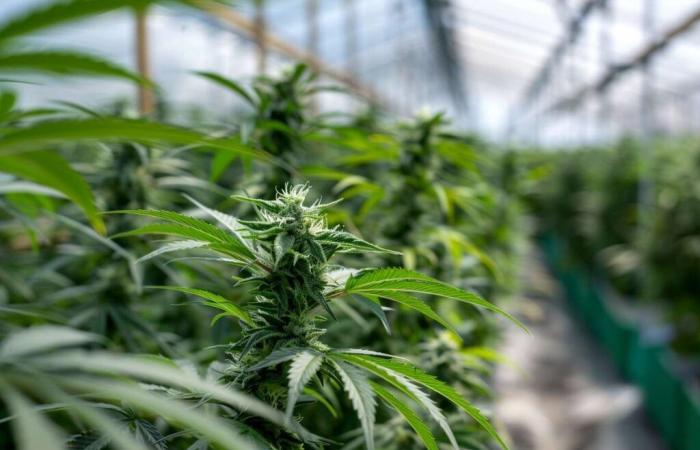A new discovery offers insight into the mechanism by which cannabis use can trigger episodes of psychosis.
Tl;dr
- The link between cannabis and psychosis remains unclear.
- A Canadian study suggests a link with brain connectivity.
- Synaptic density could be a determining factor.
The mystery of the link between cannabis and psychosis
For years, scientists have been trying to understand the link between cannabis use and the development of psychosis. This mental disorder can progress to schizophrenia, although the risk varies widely between studies.
A new factor at play: brain connectivity
Canadian researchers have recently highlighted an important factor: brain connectivity. The study found significantly lower synaptic density in young people at the start of psychosis or showing signs of risk. Romina Mizrahineuropharmacologist at McGill University, points out: “Not all cannabis users develop psychosis, but for some the risks are high. Our research helps clarify why. »
An in-depth study
The research team analyzed data from 49 participants, aged 16 to 30, treated in a psychiatric hospital between July 2021 and October 2023. The participants, some having experienced their first episode of psychosis, others considered ‘ at high clinical risk’ (CHR), all underwent medical and psychiatric tests, as well as PET and MRI scans.
Do you like our content?
Receive our latest publications every day for free and directly in your inbox
What results?
The researchers assessed synaptic density by measuring levels of a protein called SV2A, used as an indicator of synaptic density. The results showed that cannabis use reduced SV2A levels, and therefore synaptic density. Additionally, they found that cannabis use affected the striatal regions of the brain, regions known to be involved in psychosis.
It is essential to note that the study does not prove that cannabis use necessarily causes reduced synaptic density in psychotic patients, or vice versa. Nevertheless, the fact that a change in SV2A levels is present both in the early stages of psychosis and in cannabis use is certainly interesting.
What do we think?
These results provide important answers, but also raise new questions. They emphasize the urgency of continuing research to understand the mechanisms underlying the interaction between cannabis and psychosis. It is essential to deepen our knowledge to offer more effective therapies and improve the quality of life of those affected.






